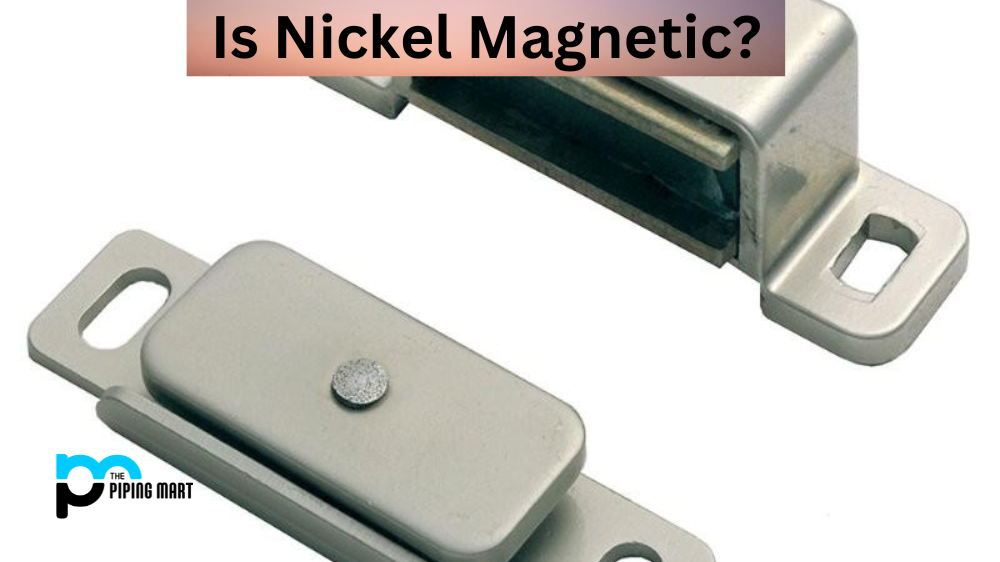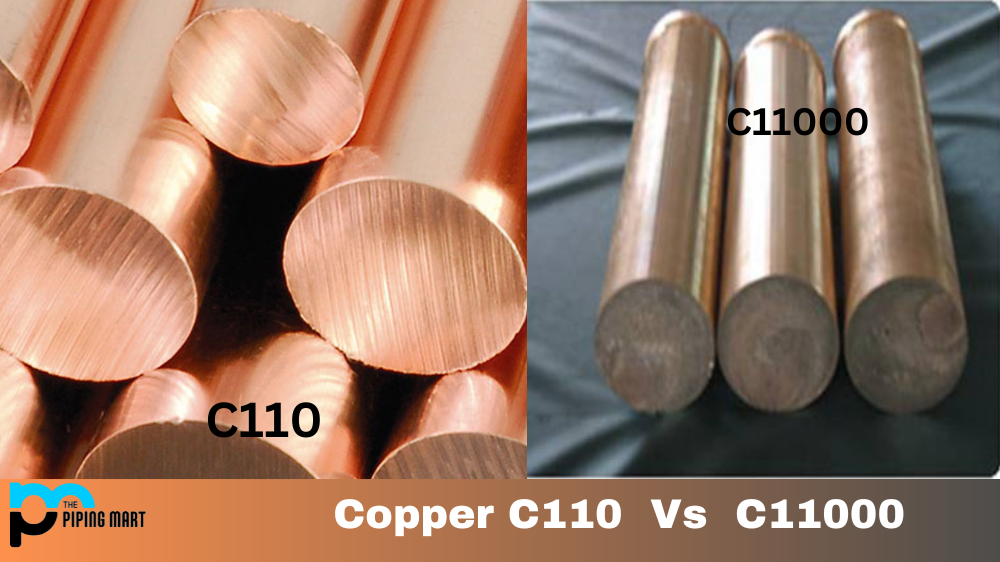One of the most common questions about nickel is whether or not it is magnetic. This is an important question to consider if you’re using nickel in any kind of industrial application, as understanding its properties can help you make better decisions. Let’s take a closer look at the answer to this question.
Is Nickel Magnetic?
The answer to this question is complicated, as it depends on the form in which the nickel is found. Pure nickel (Ni) exhibits ferromagnetic properties—meaning that it can be magnetized and attract other metals—but only up to a certain temperature point. At temperatures above the Curie point (which is 355°C for a nickel), it loses its magnetism and becomes paramagnetic—attracted to external magnets but not capable of becoming magnetized itself. However, when alloyed with other elements, such as copper or iron, nickel gains back its magnetic properties and can become ferromagnetic again.
What Are The Benefits Of Nickel Magnetism?
Magnetic properties give nickel several unique advantages in industrial applications. For example, because it has ferromagnetic properties at certain temperatures, it can be used in electronic components like transducers and transformers that require a strong magnetic field. Additionally, because it retains some of its magnetism even at high temperatures, it’s ideal for use in applications where high heat resistance is required. Finally, because alloying with other elements makes it ferromagnetic again, alloyed forms of nickel are often used in things like electric motors and generators where a strong magnetic field is needed to produce power.
Why Nickel is Magnetic?
Nickel is magnetic because it has an unpaired electron in its outermost shell. This electron is free to move and create a magnetic field, resulting in nickel’s strong ferromagnetic properties.
Conclusion:
Nickel has both ferromagnetic and paramagnetic properties depending on how pure it is and what other elements are present in its alloy form. Its ability to remain magnetic even at high temperatures makes it an ideal choice for various industrial applications such as transducers, transformers, electric motors, and generators, among others. Understanding these properties can help website owners make better decisions when selecting materials for their projects involving nickel.

Hey, I’m Krutik, a casual blogger expert in the metal industry. I am passionate about providing valuable information to my readers. With a background in engineering and construction, I like playing Cricket & watching Netflix shows in my free time. Thank you for visiting my blog, and I hope you find my information helpful!




